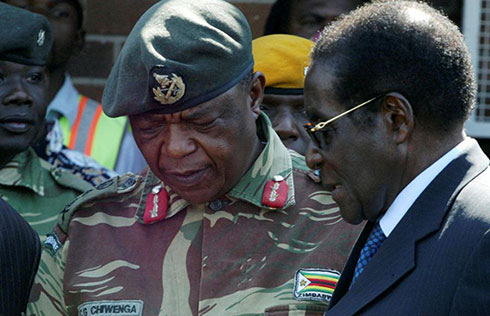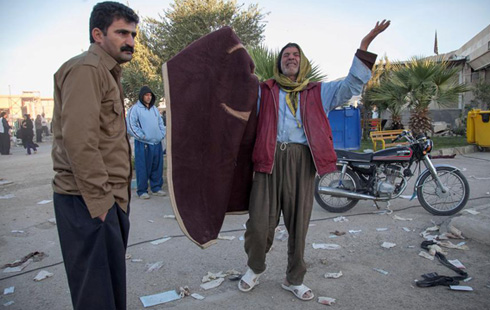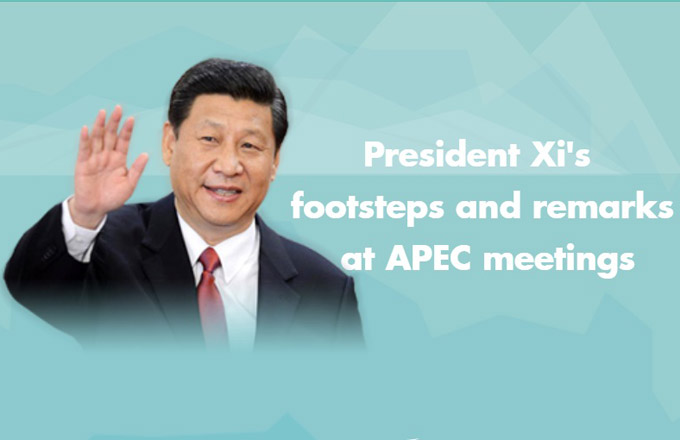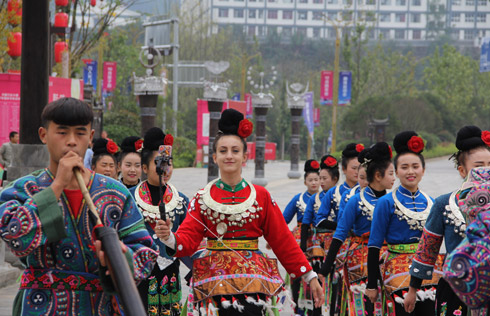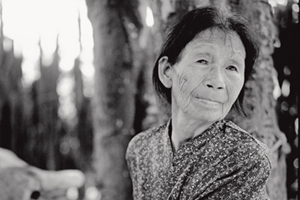Officials to boost talks on trade pact
Leaders have pledged intensified efforts by ministers and negotiators next year to finalize negotiations on the proposed free-trade pact known as the Regional Comprehensive Economic Partnership, according to a joint statement issued on Tuesday.
Analysts said a shared political will to safeguard liberal trade in the Asia-Pacific region was shown when the leaders from all 16 participating countries convened in Manila and issued the joint statement.
The RCEP, a free-trade pact that is believed to be nearing completion by negotiators, involves the 10 ASEAN members plus six other leading Asia-Pacific economies - China, India, Japan, South Korea, Australia and New Zealand.
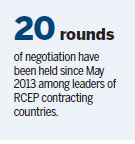
Premier Li Keqiang and leaders of the other contracting countries attended the meeting on Tuesday on the sidelines of a series of East Asia Cooperation meetings.
The statement said that "this negotiation continues to be a complex and challenging task", and added, "We reaffirmed our resolve to ensure that the RCEP delivers its potential to be a key driver of growth and equitable economic development."
Following 20 rounds of negotiations since May 2013, the RCEP aims to remove trade barriers in the region, create and optimize a liberal investment environment and expand trade of services.
It also will cover areas such as intellectual property rights protection and competition policies.
The pact could potentially transform the region into the world's largest trade grouping, covering a total population of 3.5 billion and nearly one-third of the global economic output in 2016.
Fan Zuojun, executive deputy dean of Guangxi University's China-ASEAN Research Institute, said the gathering on Tuesday signaled State-level sincerity in advancing the RCEP's formulation.
The meeting included a briefing of an evaluation report by RCEP members' economic or trade ministers, which was helpful to the exchange of pursuits and demands by all parties and will boost the efficiency of RCEP consultations, Fan said.
Zhai Kun, a professor of Southeast Asian studies at Peking University, said that the RCEP involves a great number of countries and, therefore, has seen a wide spectrum of differing interests.
The contracting parties' leaders gathering in Manila demonstrates a clear political resolution and will give a boost to further negotiations, Zhai said.
Contact the writers at zhangyunbi@chinadaily.com.cn





